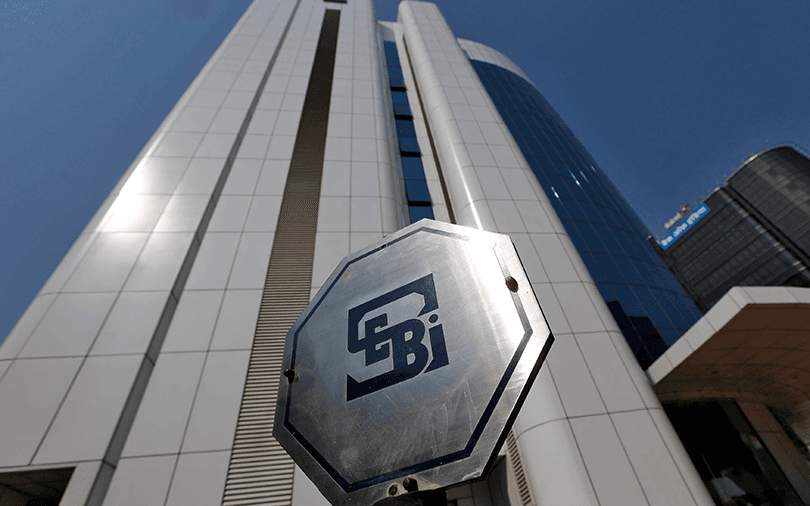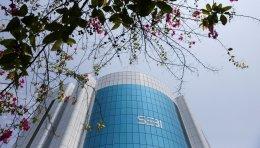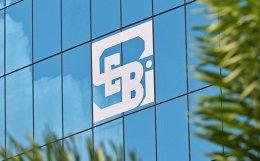The capital markets regulator has floated a consultation paper seeking industry feedback on raising the minimum public float of companies relisting after insolvency proceedings.
The Securities and Exchange Board of India (SEBI) has proposed three options for companies relisting after bankruptcy.
Option one mandates firms to achieve a minimum 10% public float within six months – as against 18 months – and raising it to 25% within 3 years from the date of breach of MPS norm.
Option two: Companies may be mandated to have at least 5% public shareholding at the time of relisting and increase it to 10% within one year and given a further two years to reach 25% public float.
In option three, firms may be mandated to have a 10% minimum public float at the time of relisting and 25% within three years.
At present, there are no clear guidelines or stipulated regulations on minimum public float for companies relisting after undergoing a Corporate Insolvency Resolution Process (CIRP).
On the other hand, an entity listing after completing an initial public offering (IPO) is required to have at least 10% minimum public shareholding, which needs to increase to 25% after three years.
The regulator’s rationale for an increased minimum public float helps in better price discovery and liquidity in a listed security. However, the public shareholding drops to abysmally low levels for companies after their insolvency proceedings, and results in a spike in stock price despite volatility preventive surveillance action in place.
SEBI said the objective of the discussion paper is to help the regulator calibrate the threshold for a minimum public float in companies under the CIRP process. It seeks to receive public comments by 18 September 2020.
So far, six companies have relisted after completing their insolvency proceedings. These companies are Electrosteel Steels Ltd (relisted in June 2018), Monnet Monnet Ispat & Energy Ltd (September 2018), GB Global Ltd (July 2019), Ruchi Soya Industries Ltd (January 2020), Alok Industries Ltd (February 2020), and Bafna Pharmaceuticals Ltd (February 2020).
SEBI cited Ruchi Soya’s example in its consultation paper, whereby the stock price shot up some 8,764% after relisting. The company, which was acquired by Baba Ramdev-led Patanjali Ayurved, saw its public float reduce to just 0.97%, resulting in failure of better price discovery and liquidity, SEBI said.




